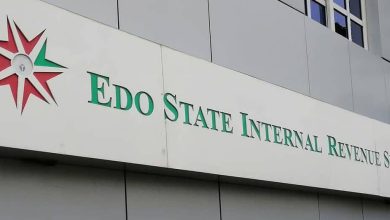SEC Approves Mark-To-Market Valuation For Fixed Income Securities
Nigeria’s SEC approves a two-year transition for fund managers to fully adopt mark-to-market valuation of fixed income securities.
The reform aims to boost transparency, accuracy and investor confidence in the capital market.
The Securities and Exchange Commission (SEC) of Nigeria has approved a two-year transition period, effective September 22, 2025, for fund managers to adopt mark-to-market valuation for fixed income securities fully.
Under the new regime, bonds and other fixed income assets will no longer be valued solely at their purchase price (amortized cost). Instead, managers will be required to value them at their current market price, ensuring that portfolio valuations reflect up-to-date asset values.
The SEC explained that the reform is intended to increase transparency, accuracy, and investor confidence in the Nigerian capital market.
To smooth the transition, the regulator has granted temporary forbearance on existing asset-allocation rules. Typically, funds are expected to maintain a 70:30 ratio in favor of mark-to-market valuation.
However, during the two-year grace period, managers will be allowed to operate under a more flexible 50:50 balance between mark-to-market and amortized cost.
Despite this concession, the SEC clarified that all new fixed income purchases from the start date must be immediately valued on a mark-to-market basis.
Every fund manager is required to submit a compliance implementation plan to the SEC by October 2, 2025, detailing how they will achieve complete transition before the grace period expires.
The Commission also announced that it will collaborate with the Fund Managers Association of Nigeria (FMAN) and other stakeholders to roll out investor education programs, ensuring that market participants and the investing public understand the implications of the valuation change.



